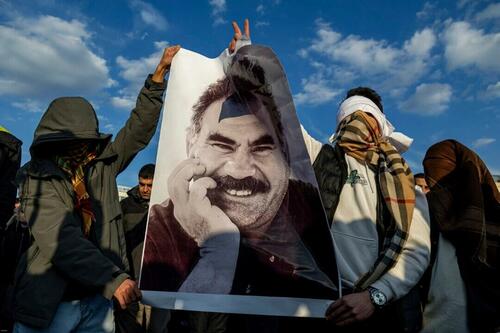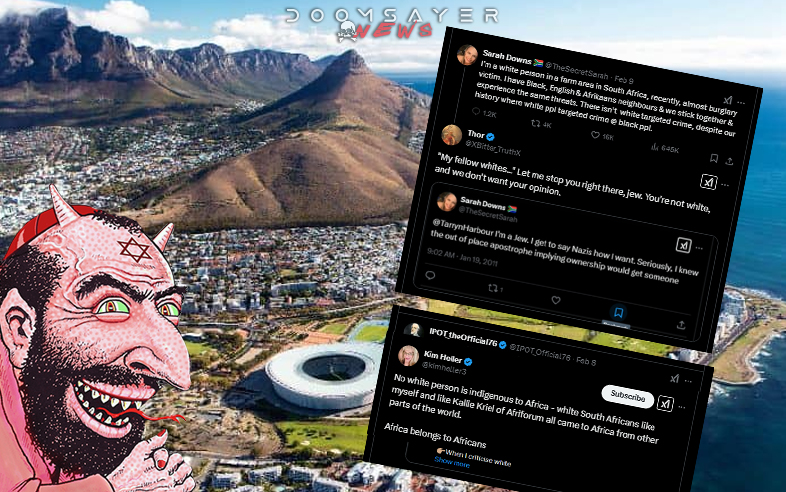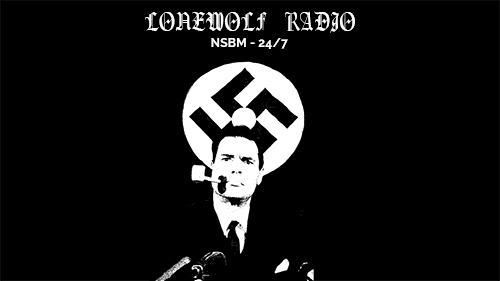End Of An Era: Kurdish PKK Disbands After 4-Decade Fight Against Turkey
Authored by Christian Orr via The Epoch Times,
Some rather surprising (perhaps even “shocking” would be an appropriate adjective?) news emerged from Turkey on May 12: the Kurdistan Workers’ Party (PKK) declared its decision to disband and disarm, thus ending an insurgency campaign against the Turkish government that had begun on Aug. 15, 1984, and claimed the lives of over 40,000 people.
Leader Calls for Cease-Fire
As noted in a May 13 SOFX article:
“The decision came after PKK leader Abdullah Ocalan, who is serving a life sentence on an island near Istanbul, urged the group to disband. In March, the PKK declared a unilateral ceasefire in response to Ocalan’s call. … In announcing its disbandment, the PKK, designated as a terrorist organization by Turkey, the EU, the U.K., and the U.S., said that it has ‘completed its historical mission’ and will ‘end the method of armed struggle.’ … The group added that, from now on, the Kurdish issue ‘can be resolved through democratic politics.’”
Erdogan and Other World Leaders React
Not surprisingly, Turkish President Recep Tayyip Erdogan welcomed the disbandment announcement, calling it an “important threshold” toward a “terror-free Turkey,” adding that the move opens the door to stronger democratic processes and political stability. Granted, one might be inclined to take Erdogan’s notion of “stronger democratic processes” with a grain of salt, given his well-known autocratic tendencies.
Meanwhile, to quote the SOFX piece again, “The United Nations called it a step toward peace while Syria’s foreign ministry called it a ‘pivotal moment’ for regional stability.”
True Terrorists, or Freedom Fighters?
The PKK has been designated a terrorist organization by Turkey, the European Union, and the United States alike.
There is the old adage—some would say “cliché”—that “One man’s terrorist is another man’s freedom fighter,” and that saying is certainly applicable to the PKK. Indeed, the application of the “terrorist organization” label to the PKK is certainly not without its fair share of controversy. For example, both in 2008 and 2018, the Court of Justice of the European Union ruled that the PKK was arbitrarily designated as a terror organization without due process; however, the EU as a whole has sustained the PKK’s terrorist classification in spite of those two rulings.
In addition, the U.S. State Department’s continued inclusion of the PKK on its Designated Foreign Terrorist Organizations list—which has been in place since October 1997—might be a tad surprising at first glance in light of America’s longstanding friendship with the Iraqi Kurds (as exemplified by the alliance between the U.S. military and the Kurdish peshmerga in the overthrow of then-Iraqi strongman Saddam Hussein during the 2003 Iraq War). But then again, since Turkey at least ostensibly remains America’s ally in NATO, notwithstanding the tensions between Washington and the Erdogan regime, perhaps this is not so surprising.
Labeling controversies aside, the PKK began its insurgency seeking an independent Kurdish state, but gradually shifted its focus to securing more autonomy and rights for Turkey’s Kurdish population, which comprises roughly 20 percent of the country’s total populace.
Historical Analogies and Precedents
As far as I can recall and ascertain, the last time a major freedom fighter/guerrilla/insurgent/terrorist group dissolved so suddenly after such a long conflict was back in May 2009. That was when the Liberation Tigers of Tamil Eelam, often referred to as simply the Tamil Tigers, formally surrendered to the Sri Lankan Army and the latter’s Sinhalese majority-dominated government, thus ending a civil war that had ravaged that South Asian island nation since July 1983 (coincidentally just over a year before the PKK began its own armed struggle).
Going back in time an additional 11 years from the Tamil Tigers’ surrender, there was the Good Friday Agreement, a.k.a. the Belfast Agreement, signed on April 10, 1998, which officially ended “The Troubles” between the UK government and the Provisional Irish Republican Army (a.k.a. the “Provos”) in Northern Ireland. Though semantically speaking, one doesn’t typically see or hear the word “surrender” used in reference to the Provos’ acquiescence to this accord—and indeed, their political wing, Sinn Féin, remains to this day—the fact remains that the Irish militant group formally announced the end of its campaign of violence in July 2005.
The Way Forward?
It is still unclear what reward or concession (if any) Mr. Ocalan—who has been serving his sentence since 1999—and his supporters might receive in return for disbanding, though there is some speculation that he could be granted parole (assuming, of course, that President Erdogan is willing and able to grant that sort of forbearance and magnanimity).
Time will tell if the new Turkish Kurdistan “peace” (assuming it’s not too early to use that word in this instance) will hold steady over the long term like it has in Sri Lanka and Northern Ireland. “Inshallah,” as some might say.
Tyler Durden
Thu, 05/22/2025 – 02:00ZeroHedge News











